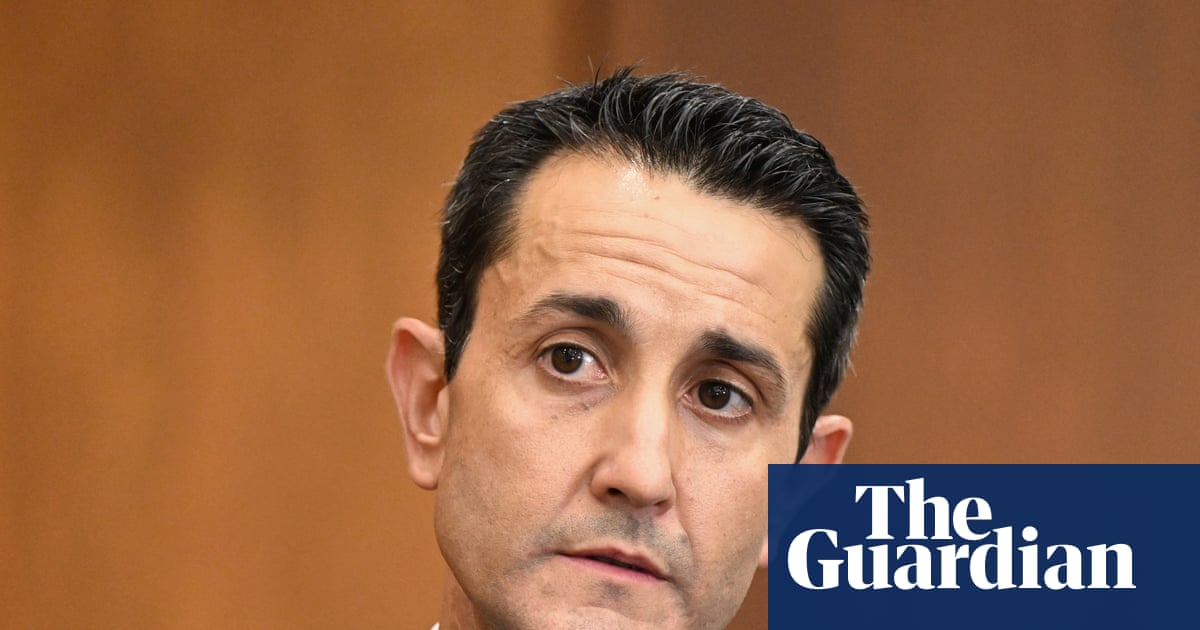
In a significant policy shift, Prime Minister Anthony Albanese announced that Australia will recognize the statehood of Palestine at the United Nations this September. This decision marks a departure from his previous stance of overlooking the Australian Labor Party’s (ALP) platform on the issue. The move aligns Australia with other Western leaders, such as Emmanuel Macron in France and Keir Starmer in the UK, who are also repositioning their countries’ foreign policies in response to global pressures.
The announcement follows growing international scrutiny of Israel’s actions in the Palestinian territories, with many accusing the state of pursuing policies tantamount to genocide. Critics argue that the recognition of Palestinian statehood by Australia and others is more about salvaging international reputations than addressing the core issues at hand.
Political Reactions and Public Discourse
Prime Minister Albanese’s decision has sparked a wide range of reactions. In an interview with Australian public figure Karl Stefanovic, Albanese attempted to present a balanced view, stating, “There are people on both sides of this debate who want conflict to continue… What we need is a win-win.” His comments have been met with skepticism, with critics questioning the feasibility of a “win-win” scenario between victims and perpetrators of violence.
The Prime Minister’s remarks have been juxtaposed with his social media presence, which has included light-hearted posts about everyday activities, drawing criticism for perceived insensitivity amid serious geopolitical developments.
Expert Opinions and Activist Perspectives
Nasser Mashni, head of the Australia Palestine Advocacy Network, expressed skepticism about the impact of Australia’s recognition of Palestine. He stated, “Palestine exists. We don’t need some piece of paper from the United Nations… Our existence is our own recognition.” Mashni criticized Australia’s continued military and economic ties with Israel, highlighting the contradiction between political statements and actual policy.
Fahad Ali, a Palestinian Australian academic, shared insights from London, where he observed significant protests against the UK government’s stance on Palestine. He described a powerful moment when hundreds of demonstrators sat in silence, holding signs that read, “I oppose genocide. I support Palestine Action.”
“522 people were arrested under terrorism charges that day in London, and more than 100 were over the age of 70.”
Global Context and Historical Comparisons
The recognition of Palestinian statehood by Western nations is part of a broader geopolitical shift. Historically, the Israeli-Palestinian conflict has been a focal point of international diplomacy, with various peace initiatives proposed over the decades. The so-called “two-state solution” has been a central but contentious element of these efforts, criticized for failing to address the power imbalances and ongoing violence.
Recent developments have intensified these debates. Israeli Prime Minister Benjamin Netanyahu’s statements about a “Greater Israel” project have alarmed many, as they suggest expansionist policies that could further destabilize the region.
Implications and Future Outlook
The implications of Australia’s decision to recognize Palestinian statehood are complex. While it may signal a shift in international attitudes, the practical effects on the ground remain uncertain. Critics argue that without addressing the underlying issues, such as military occupation and human rights abuses, recognition alone will not bring about meaningful change.
As global leaders navigate these challenges, the voices of activists and affected communities continue to call for genuine accountability and justice. The situation remains fluid, with potential for further developments as international pressure mounts and diplomatic efforts evolve.
The recognition of Palestine by Australia and other nations could be a step towards broader international consensus, but it also highlights the ongoing struggle for a just and lasting peace in the region.







